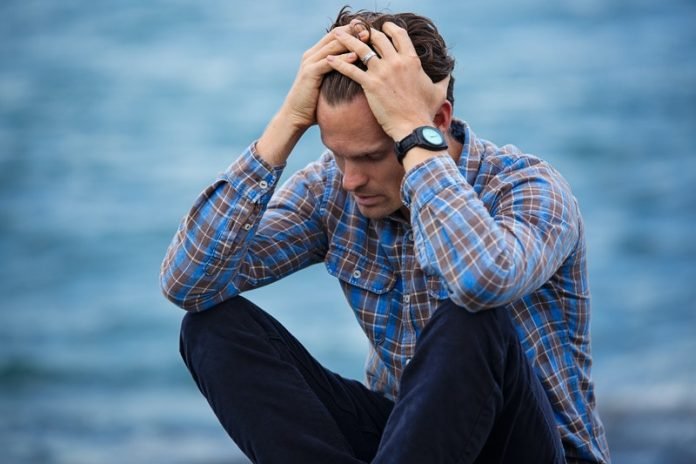
As people age, they tend to report more acute or chronic pain—a common sign of getting older.
However, in a new study, researchers found that in the United States, middle-aged adults are now reporting more pain than the elderly.
This paradoxical finding is confined to the two-thirds of the U.S. population without a four-year college degree and happens because each generation of less-educated Americans is experiencing higher pain throughout their lives.
The research was conducted by a team at Princeton University and elsewhere.
In the study, the team used survey responses from more than 2.5 million adults to check the link between age and reported physical pain in the United States.
The data were from surveys conducted by Gallup, the U.S. Census Bureau, and the European Union. Reports of pain were recorded between 2006 and 2018 among adults aged 25-79 in the U.S. and 20 other wealthy countries.
In their first analysis, they found that men and women of all races worldwide report more pain as they age, a finding they expected.
In their second analysis—after controlling for education level—they found this to also be true for Americans with a bachelor’s degree.
Only two-thirds of the U.S. population without a college degree reported more pain in midlife.
Less-educated Americans also experience more pain as they age.
However, because each birth cohort reports higher levels of pain throughout their adult life than the cohort before them, those in middle-age report more pain at any given age than their elders, who have had lower pain levels throughout their lives.
The rise in pain from cohort to cohort also signals increasing chronic intergenerational distress, which could be caused by a myriad of factors.
Less-educated people are experiencing more social isolation, more fragile home lives, less marriage, and more divorce, as well as stagnant wages and job loss.
They’ve also seen rising deaths of despair, from suicide, drug overdose, and alcoholic liver disease.
Of course, there are possible caveats, the researchers point out.
People could be reporting more minor pain than in the past, or due to their pain, they could also have lost their jobs or taken on jobs with the less physical strain (and lower wages).
Obesity is also a chronic problem in America; with more weight comes more strain on the body. The uptick in people going to college could also explain some of the cohort-by-cohort differences.
Still, the findings should signal to policymakers that less-educated Americans are experiencing more and more distress, that tomorrow’s elderly will see more pain than today’s elderly, and that the issue of pain—and its treatment—isn’t going away anytime soon.
One author of the study is Sir Angus Deaton.
The study is published in PNAS.
Copyright © 2020 Knowridge Science Report. All rights reserved.



